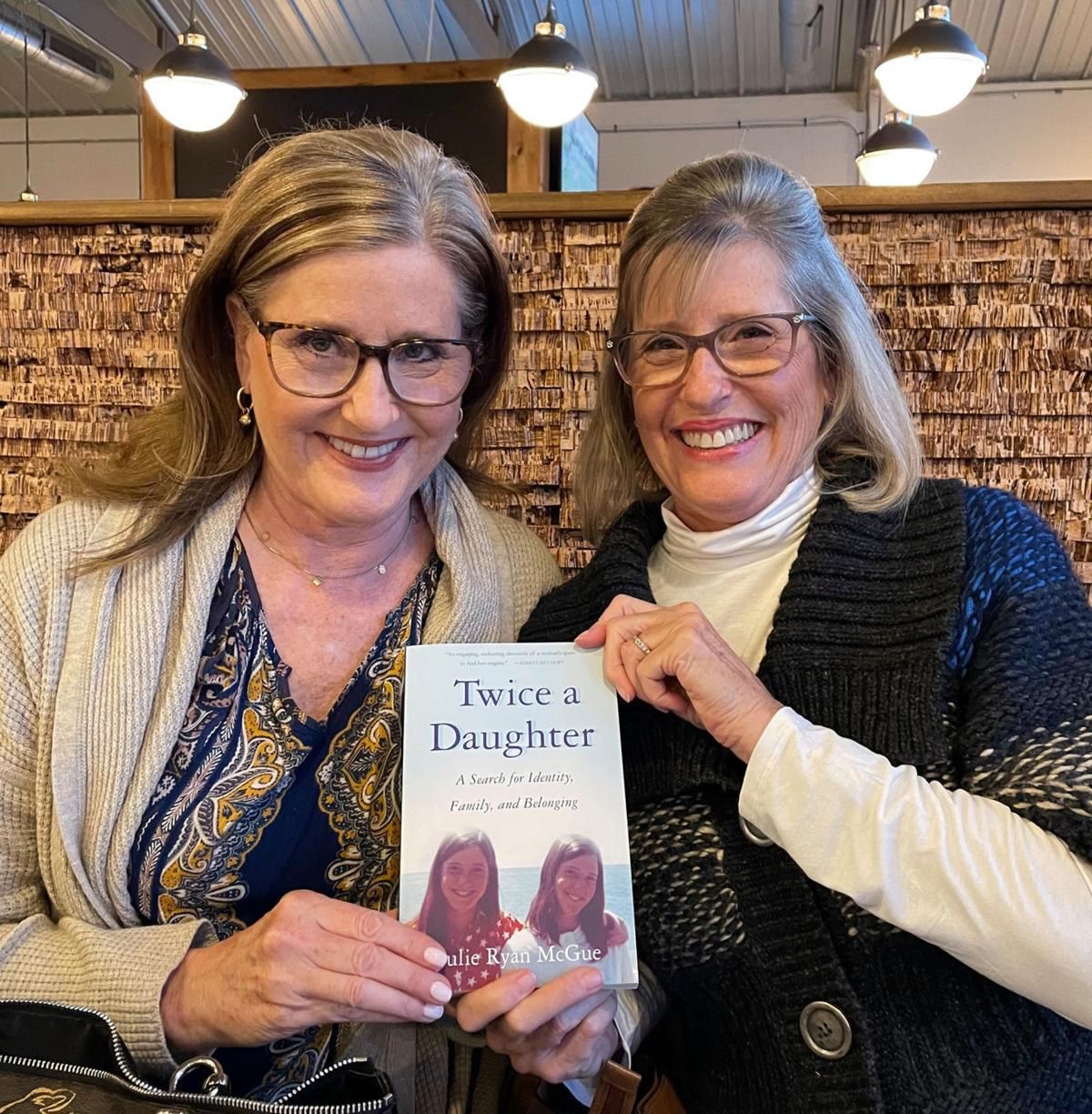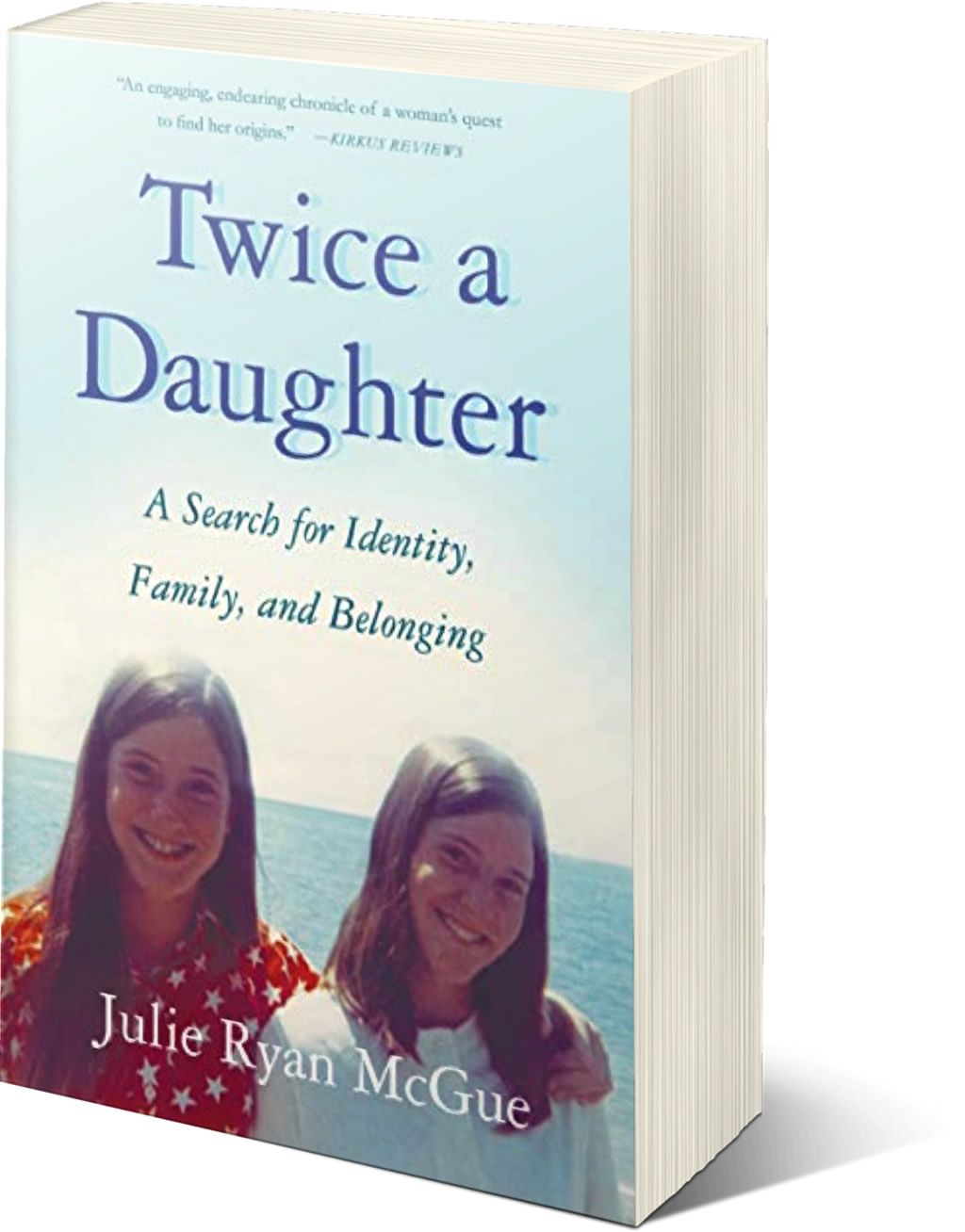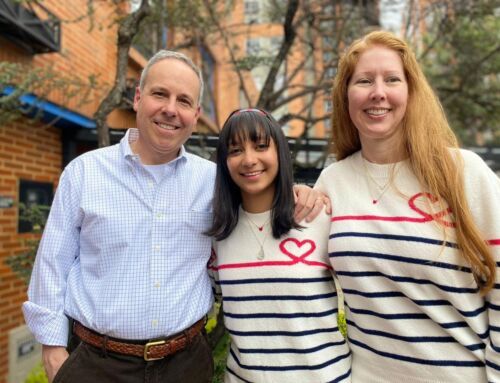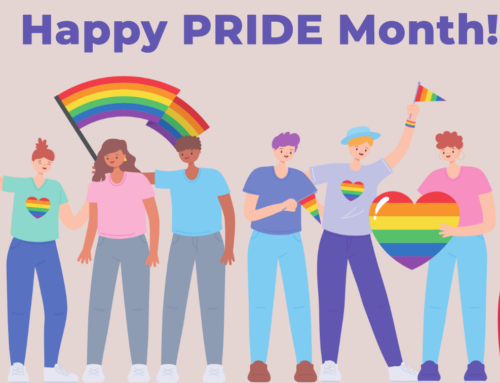“Twice a Daughter” Author, Julie McGue speaks about adoption, identity, family, and belonging.
Julie and Jenny are twin sisters, adopted at birth, who grew up in a big, Irish Catholic family in the Chicago suburbs — a blended family in which the older three kids were adopted and the three youngest were her parents’ biological children. “My parents doled out praise and love equally; I have wonderful memories of quality family time,” said Julie, the author of “Twice A Daughter: A Search for Identity, Family and Belonging.”
But at age 48, she needed to know about her birth parents for health history reasons. She’d tried unsuccessfully to find her birth parents 18 years earlier but now that adoption statutes had changed in Illinois, she had new hope. Her book is about finding her birth parents, and the mental roller-coaster it entailed. The book won the 2021 Nonfiction Authors Association’s Silver Book Award.
Such a search, she notes, is “not for the faint of heart. Adoptees need to know that adoption search and reunion is hard work. You cannot predict how it will go, because you do not know the players or their circumstances. Be prepared: read, research, talk to people, and line up contingency plans.
“When considering adoption search and reunion, having a meaningful and effective support system in place is essential for navigating the process. So is stability in your personal life, career path and financial situation,” she adds.
Julie was also helped by a support group, journaling, professional writing courses and her close twin sister Jenny. “Participating in post-adoption support helped me to accept and forgive what I could not change, and it gave me the tools to maintain and foster new and complicated relationships.”
She learned that 95 % of adoption searches end up in contact but, “I was on shaky ground throughout both of my searches,” she notes. “I guess you can say, I succeeded despite being the worst-case scenario. I never gave up. I threw everything I could at the task: a search agency, my adoption agency, a private investigator, a confidential intermediary, a judge, and a genealogist. I needed all these people to help reveal the secrets of my story. I hope that readers will be interested in my journey of overcoming adversity, and that adoptees will benefit from all the information I provide.”
What does she hope readers take away? “That each member of the adoption triangle has a unique perspective that must be heard and appreciated — the possessiveness of adoptive parents; the rights of birth parents and the adoptees’ inherent right to information that concerns them. I ask the reader not to judge any of the players. An adoptee who chooses to search for their background is not selfish and is not turning away from their adoptive family; rather, they are choosing to know themselves better.”

